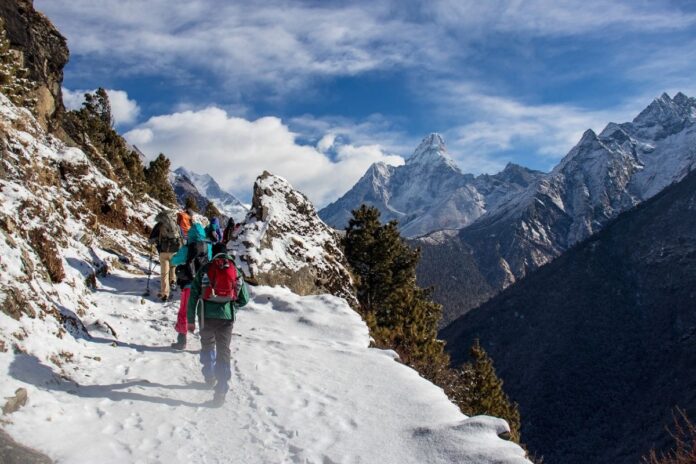Going on a trek can be an incredibly fun and rewarding experience that allows you to push your physical limits and explore the natural world. Trekking through scenic landscapes and challenging terrain can be a thrilling adventure that provides a sense of accomplishment and satisfaction. Whether you’re trekking with friends, family, or solo, the experience can be a great opportunity to bond, share stories, and create unforgettable memories. As you navigate through the great outdoors, you may encounter breathtaking views, unique wildlife, and interesting flora and fauna, adding to the excitement and enjoyment of the trek. Trekking is a great opportunity to disconnect from technology and reconnect with nature, but it’s also important to stay safe and be mindful of your surroundings.
Here are seven things to consider before going on a trek:
- Physical fitness
Trekking can be physically demanding, so it’s important to ensure that you are in good physical condition before setting out. You may want to start with shorter, easier treks and gradually work your way up to more challenging terrain. - Gear and equipment
Trekking requires specialized gear and equipment, such as sturdy hiking boots, appropriate clothing, a backpack, and a tent. It’s important to invest in high-quality gear that is appropriate for the terrain and weather conditions. - Weather conditions
The weather can be unpredictable, therefore, it’s important to check the forecast before heading out and to pack accordingly. You may want to bring rain gear, warm layers, and sun protection. - Navigation and maps
It’s important to have a good understanding of the route you will be taking and to bring maps and navigation tools. Make sure to also have a backup plan in case of unexpected detours or obstacles. - Safety precautions
Trekking can be dangerous, so it’s important to take safety precautions such as carrying a first aid kit, informing others of your plans, and avoiding risky or dangerous terrain. - Environmental impact
As you trek through nature, it’s important to be mindful of your impact on the environment. Respect local wildlife and ecosystems, follow designated trails, and pack out all trash and waste. - Permits and regulations
Depending on the location, you may need permits or have to abide by specific regulations for trekking. Be sure to do your research ahead of time and obtain any necessary permits or permissions.


